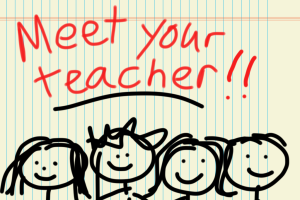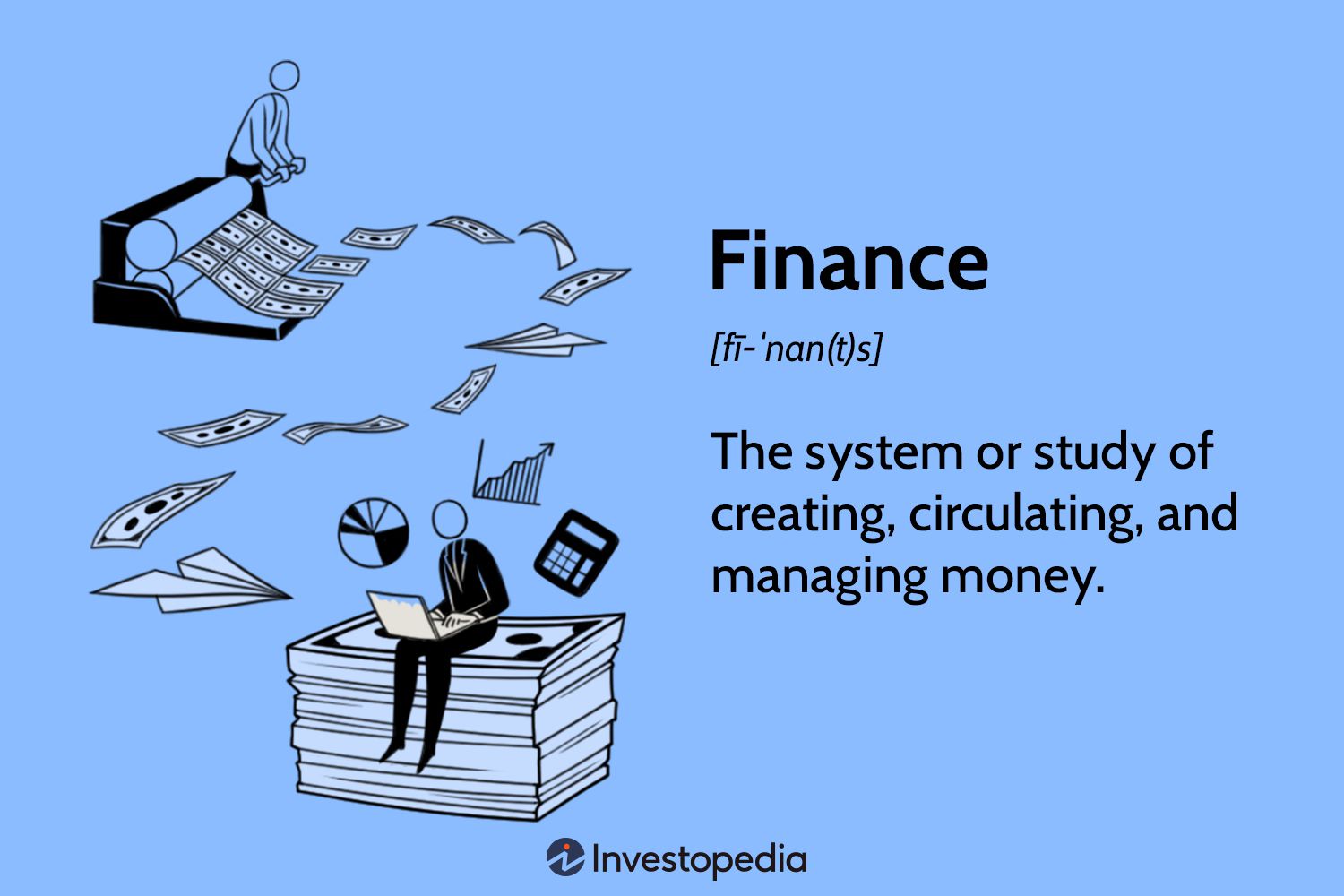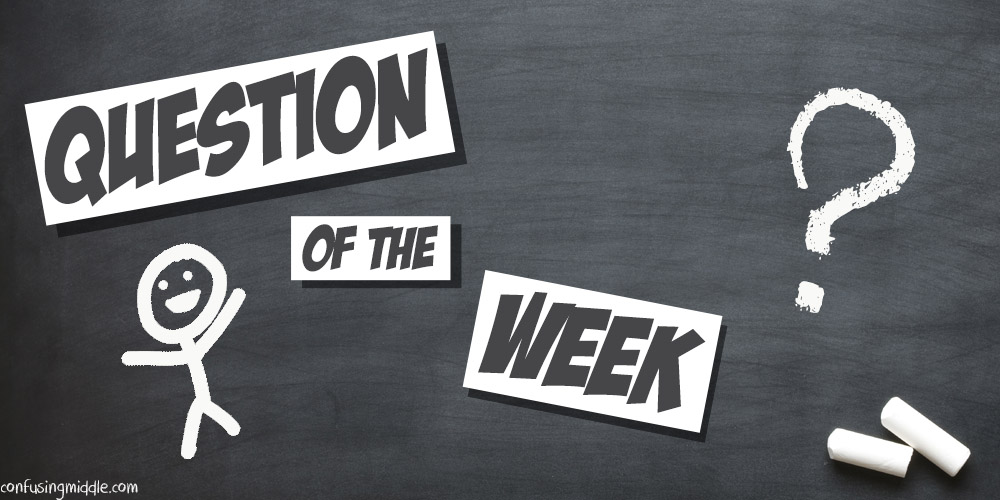Anglais L3emb
Aperçu des semaines
-
*la carte coceptuel
-
contact Form :
Teacher : Mme Ghouali BERDEG Meryem .
E-mail : Merry13berd@gmail.com.
Unit : Economics of Money & Banking .
Coefficient : 01
Credit : 01
Credit : 01
Evaluation method : test mark( 8/8) descipline mark (2 ) attendees mark (3) participation mark (5) extra ..(2)
Total hours of teaching : 1 session / week ( 1 session = 1h 30 min )
-
-
This course examines an important branch of economics called Money and Banking, which includes the study of financial institutions, the financial markets, the role of money in the economy, and the impact of monetary policy.
-
Specific Goals :
Although this module has undergone a major revision, it retains the basic hallmarks that have made it the best-selling textbook on money and banking over the past three editions:
- A unifying, analytic framework that uses a few basic economic principles to organize students thinking about the structure of financial markets, the foreign exchange markets, financial institution management, and the role of monetary policy in the economy .
- A careful, step-by-step development of models (an approach found in the best principles of economics textbooks), which makes it easier for students to learn The complete integration of an international perspective throughout the text.
- A thoroughly up-to-date treatment of the latest developments in monetary theory Special features called Financial News to encourage reading of financial newspapers .
- An applications-oriented perspective with numerous applications and specialtopic boxes that increase students interest by showing them how to apply theory to real-world examples.
-
-
The course will relate this to recent economic events which have reverberated worldwide. It is particularly suitable for students wishing to enter careers in financial markets or further study in this area.
The Money and Banking course will look at some key issues in the theory and practice of financial markets, monetary policy and banking and how their interactions affect the real world.
The financial system has undergone many changes since the credit crunch and the Central Banks have had the unenviable task of stimulating the economy, encouraging lending, managing inflation and exchange rates. This course will focus on the financial system and monetary policy in countries around the world and present an opportunity to discuss the financial institutions and monetary policies of different nations, evaluating their relative success in recovering from the financial crisis.
-
test your requisites
-
-
- Chapter One : What Does Finance Mean? Its History, Types, and Importance Explained
- Table of Cpntents :
- What is Finance ?
- Understanding Finance .
- History of finance
- Public Finance
- Corperative Finance
- Personal Finance
- Social Finance
- Behavior Finance
- Finance vs Economics
-

-
Here is the space of discussion , Your teacher will be available on Saturday & Tuesday at 10 am.
-
the online session will take place week by week ( week online the next week at class ).

-
-

-
What Does Finance Mean? Its History, Types, and Importance Explained
-
Aide vet resources externe
-
 download all your a papers legally .
download all your a papers legally .
-
-
-
After this lesson, students will be able to:
- define the terms 'interest', 'deposit', and 'withdrawal'
- explain what happens to money after it is deposited into a bank
- describe how banks and individuals earn interest on money
- explain how money in banks is protected
-
-
-
- To get students thinking, ask them to share with a partner different ways in which they earn money. Then ask students:
- What do you do with the money you earn?
- If you keep your money, how do you make sure that it is safe?
- Distribute copies of the lesson and have students read the lesson introduction and the section after reading, they should discuss times that they have visited a bank with an adult.
- Next, have a student volunteer read the 'Let's Go to the Bank' section.
- What is a deposit?
- What is a withdrawal?
- Have another student read the 'After a Deposit' section.
- What happens to money after it is deposited into a bank?
- Can people borrow money from the bank?
- What do borrowers pay to the bank in exchange for receiving money?
- To get students thinking, ask them to share with a partner different ways in which they earn money. Then ask students:

